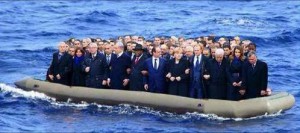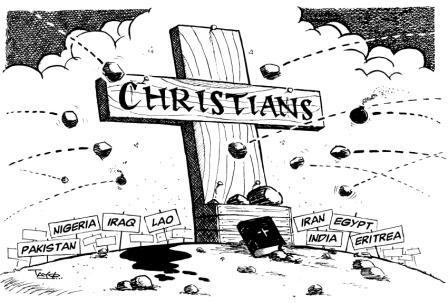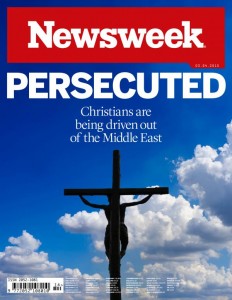Pela primeira vez no século XXI, o número de pessoas forçadas a deixarem suas terras para sobreviver se igualou ao período pós Segunda Guerra Mundial. O Pew Research Center apresentou um dado extremamente assustador: atualmente, um em cada 122 cidadãos do mundo foi expulso de sua terra. Ontem, dia 20 de junho, foi o Dia Mundial dos Refugiados. Mas o que isso significa para a maioria das pessoas do planeta?
[youtube=https://www.youtube.com/watch?v=AUx8Wgb-OKc]
Imigrantes econômicos e refugiados
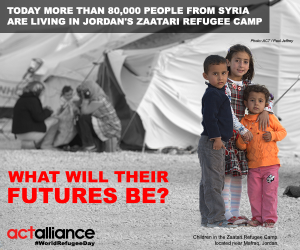 Eu sempre fiquei incomodado com o uso do conhecimento como instrumento de poder e opressão. Infelizmente, é esse o mundo em que a população mundial vive. Não importa a teoria, se você consegue provar com instrumentos lógicos que o seu argumento faz mais sentido, a Verdade lhe pertence. Contudo, muitas vezes as soluções passam por comportamentos humanos particulares e, de certa forma, impossíveis de quantificar. A manipulação dos conceitos relacionados aos imigrantes econômicos e refugiados, seguida da falta de uma solução “racional” eficaz se encaixa perfeitamente como exemplo.
Eu sempre fiquei incomodado com o uso do conhecimento como instrumento de poder e opressão. Infelizmente, é esse o mundo em que a população mundial vive. Não importa a teoria, se você consegue provar com instrumentos lógicos que o seu argumento faz mais sentido, a Verdade lhe pertence. Contudo, muitas vezes as soluções passam por comportamentos humanos particulares e, de certa forma, impossíveis de quantificar. A manipulação dos conceitos relacionados aos imigrantes econômicos e refugiados, seguida da falta de uma solução “racional” eficaz se encaixa perfeitamente como exemplo.
Na prática, imigrantes econômicos e refugiados viajam frequentemente da mesma forma. Porém, enquanto os primeiros optam por deixar seu país para melhorar as perspectivas econômicas de si e suas famílias, os refugiados têm de se deslocar para salvar suas vidas ou preservar sua liberdade. Os imigrantes econômicos, se não estão legalizados, não têm o direito a permanecer em outro país, podendo muitas vezes serem extraditados (expulsos). Já os refugiados estão sob proteção de leis e convenções internacionais, além de contarem com o apoio da ACNUR (Agência da ONU para refugiados) com comida, abrigo e segurança. Dessa forma, dá para entender porque é a mídia europeia, quando relata os naufrágios no Mediterrâneo, quase sempre toma o cuidado de não usar o termo “refugiado”, pois isso garantiria a esses migrantes tanto o direito de acolhida como de ajuda humanitária.
O conceito de refugiado
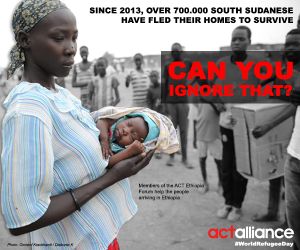 O conceito de refugiado, mesmo se mais antigo, tornou-se lei internacional – como os europeus costumam dizer – no final da Segunda Guerra Mundial, em julho de 1951, com a Convenção Relacionada ao Status do Refugiado. Pensada e promovida no contexto europeu, a Convenção tinha como base proteger a população do continente de uma possível perseguição pelo próprio governo do país, por razões de raça, religião, nacionalidade, participação de um grupo particular ou de opinião política. O terror da perseguição nazista é uma justificativa suficientemente para a necessidade da Convenção.
O conceito de refugiado, mesmo se mais antigo, tornou-se lei internacional – como os europeus costumam dizer – no final da Segunda Guerra Mundial, em julho de 1951, com a Convenção Relacionada ao Status do Refugiado. Pensada e promovida no contexto europeu, a Convenção tinha como base proteger a população do continente de uma possível perseguição pelo próprio governo do país, por razões de raça, religião, nacionalidade, participação de um grupo particular ou de opinião política. O terror da perseguição nazista é uma justificativa suficientemente para a necessidade da Convenção.
Entretanto, com o passar do tempo o termo tem sido remodelado, com o acréscimo de novas dinâmicas, novos contextos, mas a lógica parece continuar a mesma: leis feitas por intelectuais europeus, para defender os modelos, princípios e o bem-estar europeu, que todos chamamos internacionais.
Claro que é importante valorizar a base do direito internacional desenvolvida no Velho Continente, mas como enfrentar uma questão global com o uso de instrumentos tão limitados culturalmente, com atores políticos tão tendenciosos e interesses particulares maiores do que os comunitários?
Questão da acolhida
Quando os inúmeros navios de europeus desembarcaram na América do Sul durante as Guerras Mundiais, cheios de cidadãos fugindo de um conflito armado, a grande maioria foi acolhida, mesmo sem uma proteção legal. Estima-se que entre julho de 1947 e dezembro de 1951 a América do Sul recebeu 96.118 refugiados e através da mediação da Organização Internacional para os Refugiados, o Brasil recebeu nesse período 28.848 pessoas[1]. Aqueles refugiados se tornaram cidadãos, foram integrados à sociedade, conseguiram trabalho mesmo em países que talvez não tinham condições econômicas para acolher essa quantidade de pessoas.
Historicamente, tanto o continente africano, quanto a América Latina enfrentam a questão dos refugiados sem excluir uma da dimensão humana que, muitas vezes, pode ser a mais eficiente: a acolhida. Sem a disposição coletiva de acolher quem precisa e, sobretudo, sem assumir pessoal e coletivamente a responsabilidade diante desse drama global, partilhando experiências, recursos e boas práticas, estaremos contribuindo para um dos fenômenos sociais com consequências futuras ainda mais dramáticas.
[1] Statistisches Jahrbuch für die Bundesrepublik Deutschland 1960, p. 75.

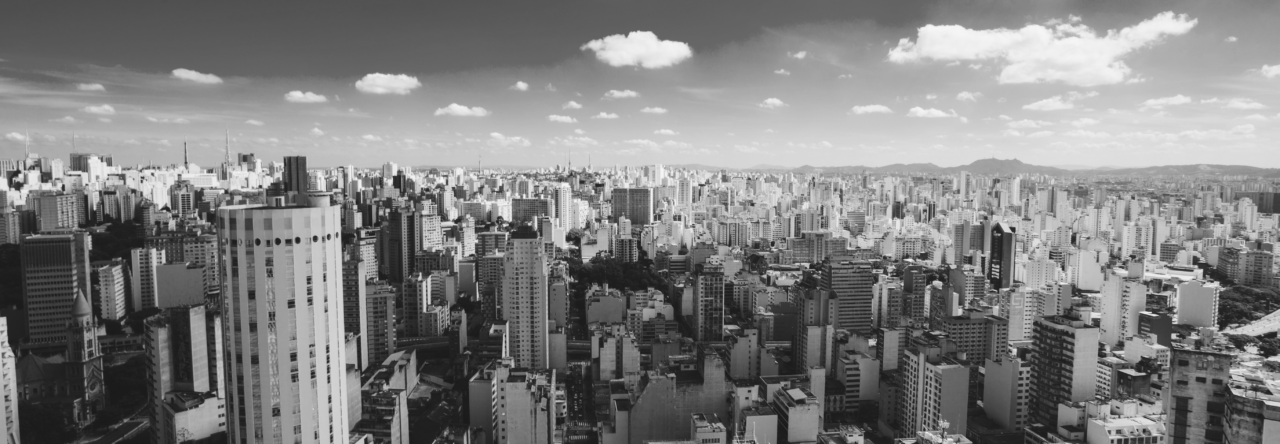
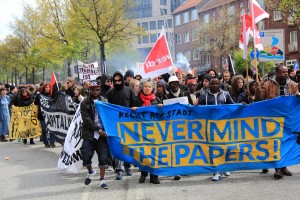
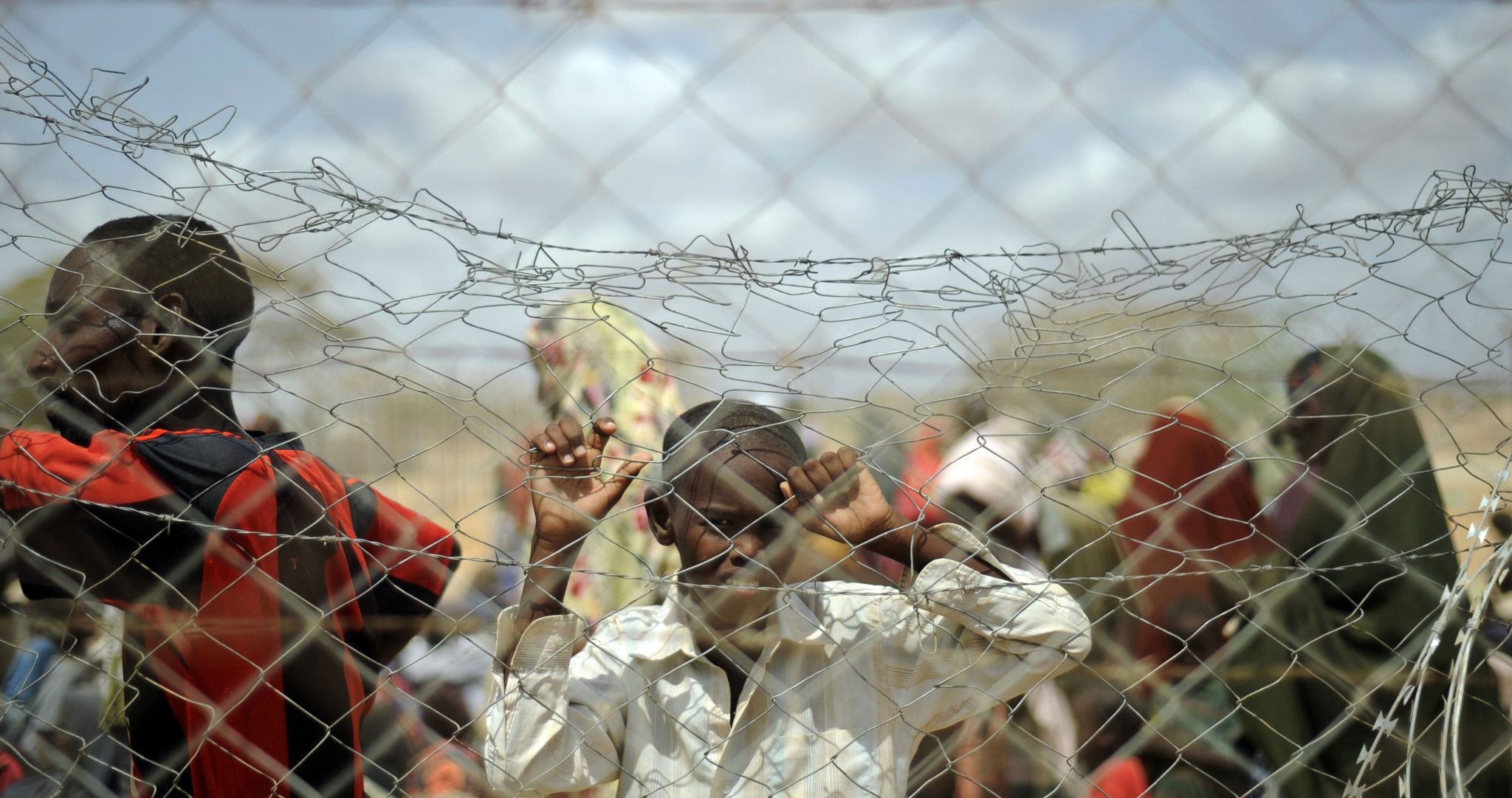

 O conceito de refugiado, mesmo se mais antigo, tornou-se lei internacional – como os europeus costumam dizer – no final da Segunda Guerra Mundial, em julho de 1951, com a
O conceito de refugiado, mesmo se mais antigo, tornou-se lei internacional – como os europeus costumam dizer – no final da Segunda Guerra Mundial, em julho de 1951, com a 

